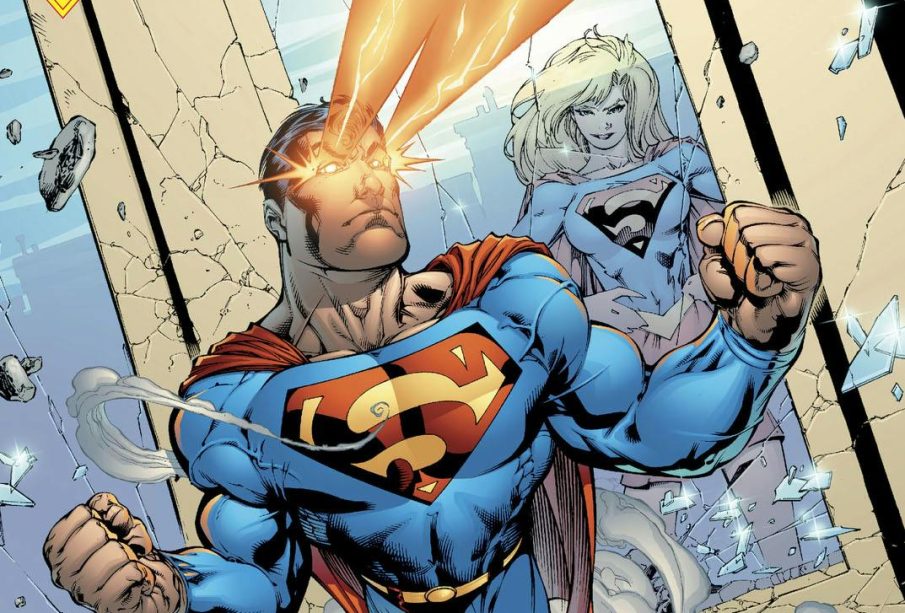The Enduring Legacy of the Man of Steel: Superman’s Impact

Introduction
The character of Superman, often referred to as the ‘Man of Steel’, is a cornerstone of comic book history and popular culture. Introduced in 1938 by Jerry Siegel and Joe Shuster, Superman quickly became a symbol of hope and justice. As the world faces increasingly complex challenges, Superman’s relevance remains potent, making him an important subject for discussion and analysis.
The Character’s Evolution
Superman’s origins highlight themes of immigration, identity, and moral responsibility. Born as Kal-El on the planet Krypton, he was sent to Earth by his parents just before his home world’s destruction. Raised as Clark Kent in Smallville, Kansas, he embodies the immigrant experience, resonating with various audience demographics over decades.
In recent years, Superman has undergone significant changes to stay relevant. Modern adaptations, including films like ‘Man of Steel’ (2013) directed by Zack Snyder and various comic series, depict him facing moral dilemmas and the consequences of power, adjusting his image to align with contemporary societal issues. For instance, the marriage of Lois Lane and Clark Kent has been a focal point, showcasing a more relatable and human side of the superhero.
Superman in Pop Culture Today
Superman continues to influence popular culture through films, television series, merchandise, and more. The character has been portrayed by numerous actors, from Christopher Reeve in the late 1970s to Henry Cavill in recent DC Extended Universe films. Each adaptation maintains the essential traits of heroism and altruism but adds unique nuances that reflect societal attitudes and changes.
In addition to film, Superman has also prominently featured in television shows, including the recent series ‘Superman & Lois’, which explores themes of family dynamics alongside superhero responsibilities. These modern interpretations further solidify his role not just as a superhero but also as a complex character navigating the challenges of modern life.
Conclusion
The legacy of the Man of Steel reminds us of the timeless nature of heroism and the human condition. As Superman continues to evolve, so does his significance as a cultural icon heralding messages of hope, courage, and social responsibility. With new stories emerging and old tales revisited, readers and viewers alike can look forward to witnessing how this beloved character will adapt to future challenges, ensuring that the Man of Steel remains a symbol of strength and virtue in an increasingly complicated world.








